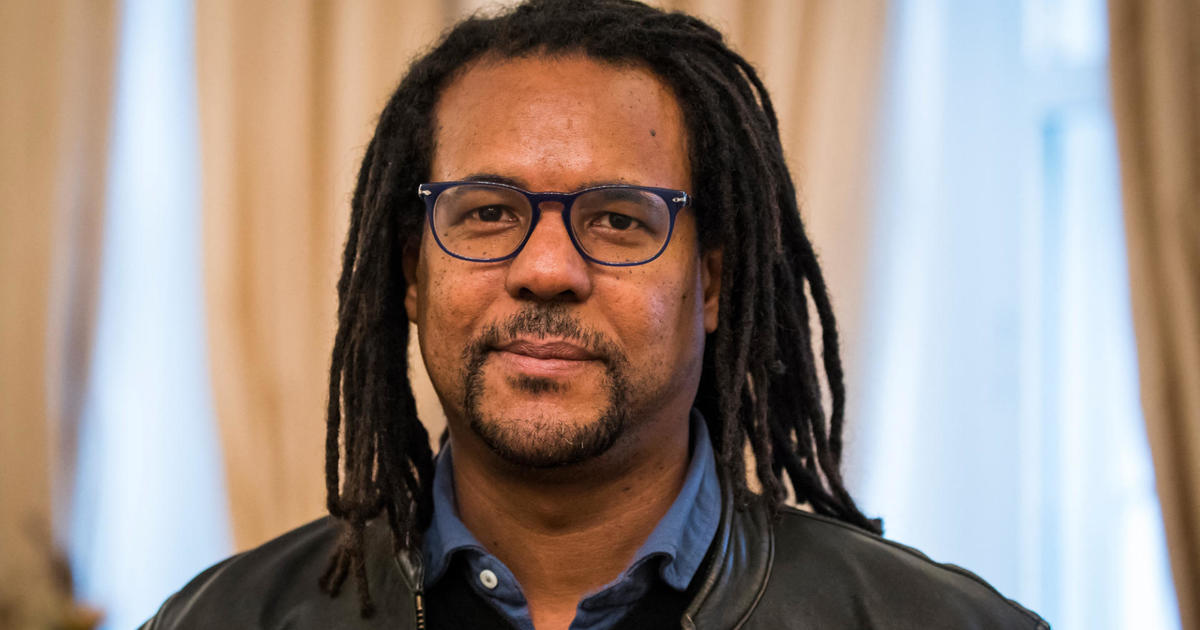MBTA hopes to have all 191 slow zone speed restrictions removed next year
BOSTON - The MBTA says it has a plan to remove all of the slow zones on the subway system by next year.
General Manager Phillip Eng presented the agency's plan to end the speed restrictions at a meeting of the MBTA Board's Safety Subcommittee Thursday morning.
Eng said there are currently a total of 191 slow zones in parts of the system that have wear and tear and other issues. He hopes to remove 39 of them before end of this year. The remaining 152 will be phased out by the end of 2024.
Eng said the Red and Green lines have the most speed restrictions. He called this a "pivotal time for the T."
"It's a big bold initiative but we've gone too long with years and years of disinvestment. (The) time is now to give the public back the system they deserve," Eng said.
"We realize this is a tremendous amount of work that we're trying to do in a tremendous amount of time. It's years and years of disinvestment that we are tackling in one year. But we also have an approach that is going to be different than past approaches."
Riders will have to be patient. MBTA Chief Engineer Sam Zhou said there will be about 188 days of disruptions in order to complete the work. Shut downs on the Red, Orange, Green and Blue lines will range from four days to 21.
"We understand those diversions will have impacts to those people that are relying on our system," Eng said.
MBTA Track Improvement Program by WBZ Webstaff on Scribd
Back in September, the T admitted it had added more new slow zones than they had fixed.
The slow zones were put in across the system as far back as last winter by then interim General Manager Jeff Gonneville, after potential safety issues were found on all major lines.
The T said the slow zones have been needed to repair aging infrastructure caused by years of underfunding.
Eng said once all of the track repairs are finished in 2024 he hopes to start a track renewal program. The general manager said Thursday that tracks generally last about 35 years and maintenance such as replacing wood ties with concrete ones will extend the life of the subway system.
"What we've always believed as rider advocates is that the problems are easy to fix, we just have to get down and do the hard work and that is what this plan is about," said rider advocate Stacy Thompson, the executive director of the non-profit Liveable Streets Alliance.
The goal is a much safer and more reliable system by 2025.
"I hope that the T is boring and by that I mean that it runs so well that we don't think about it anymore," Thompson told WBZ-TV.
The MBTA plans to hold "open houses" to share information about the service disruptions and take questions from riders in the near future.




